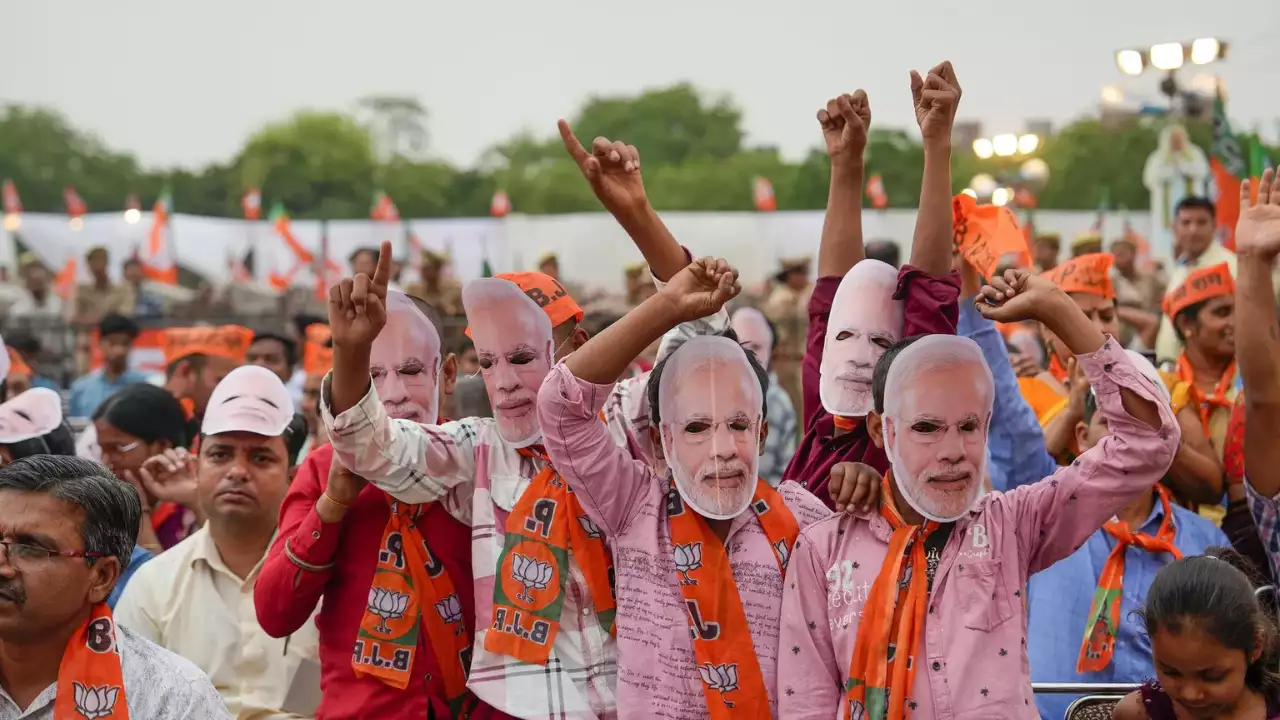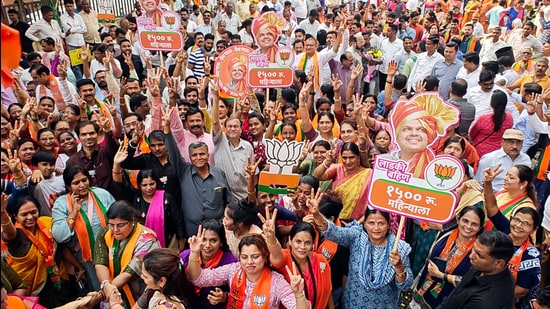State elections in India provide valuable insights into the health and evolution of its democracy. India, a federal nation, conducts elections for its 28 states and 8 Union Territories, with each state having its own government. These elections are a reflection of the country’s diverse political landscape, with distinct regional issues, parties, and voter preferences.

Source:- bbc news
One key feature highlighted by state elections is the vibrancy of Indian democracy. Despite the centralization of power in New Delhi, state elections reveal the strength of local political parties and the importance of regional issues. Voter turnout, often exceeding 60-70%, shows the deep engagement of citizens in the democratic process. The increased participation of women, youth, and marginalized communities in recent years is a positive indicator of expanding inclusivity.
Source:- news 18
Additionally, state elections serve as a check on the central government, offering a platform for opposition parties to challenge the ruling party. The frequent changes in power at the state level demonstrate a healthy competitive democracy where governments are held accountable to the electorate. Political party strategies, alliances, and campaigning techniques evolve in response to local issues, such as agriculture, healthcare, and employment.
However, state elections also bring challenges. The rise of dynastic politics and caste-based voting patterns, particularly in some states, often complicates the democratic process, leading to concerns about the focus on merit and governance. Furthermore, the use of money, muscle power, and communal polarization in campaigning raises questions about the integrity of the electoral process.
In conclusion, state elections in India reflect a complex, dynamic democracy where local and national issues intersect. They highlight both the strengths and the challenges of India’s political system, emphasizing the need for continued reforms to ensure fair and effective governance.
Share your views in the comments

